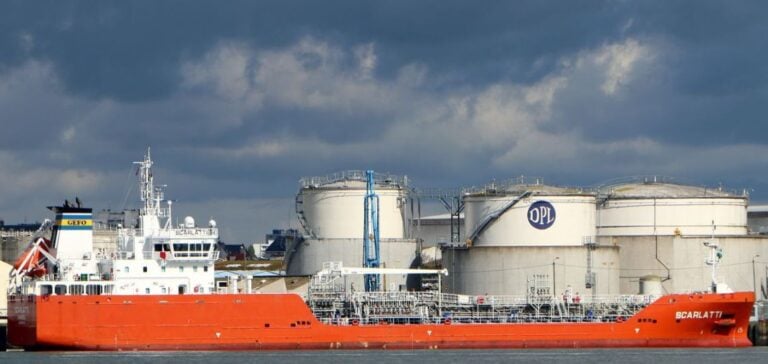The Belgian government has confirmed the adoption of new quality control measures that will suspend the export of cheap, low-quality fuels to West Africa. These measures align fuel export standards with those of the European domestic market, targeting diesel and gasoline with high sulfur and chemical content. Historically, these fuels, with a sulfur content of up to 1,500ppm, were exported at reduced rates to countries like Nigeria and other West African consumers. The new standards will limit sulfur content to 50ppm, benzene to 1% and manganese to 2mg/liter. This decision, which comes into force three months after the publication of a royal decree, reflects Belgium’s determination to prevent the health risks associated with the export of toxic fuels. Environment Minister Zakia Khattabi said, “For too long, toxic fuels have been shipped from Belgium to destinations like Africa, resulting in extremely poor air quality and carcinogenic risks.”
Implications for trade and the economy
The ban on low-grade fuel exports is likely to trigger a shift in trade flows to other supply hubs. Exporters of cheap fuels are already turning to blending opportunities in the Mediterranean and the UK, where export controls remain less stringent. Energy Minister Tinne Van der Straeten expressed the hope that this initiative would put an end to the export of toxic fuels to West African nations. Storage operators in Belgium have reported a growing reluctance among exporters to sign multi-year contracts in anticipation of the new export controls. As a result, premiums for storage capacity in Belgium are likely to disappear, as traders seek alternatives in Spain and Cyprus, where demand for fuel storage is rising.
Regional and global impact
West Africa, the main destination for low-grade fuel exports, will have to adapt to these new regulations. Currently, imports of low-grade fuels account for a significant proportion of the region’s fuel supply, due to insufficient domestic production. In April, West Africa imported around 137,000 barrels per day of petrol from Belgium, representing 33% of its main fuel imports. This share has risen since April 2023, when the Netherlands imposed its ban. With the suspension of cheap exports from North-West Europe, the focus will be on the Dangote refinery in Nigeria. This 650,000-barrel-per-day refinery promises to put an end to West Africa’s dependence on fuel imports. Aliko Dangote, owner of the refinery, declared that Nigeria would no longer need to import fuel by June. However, analysts believe that the refinery’s first deliveries may not arrive until the third quarter of this year, with regular production expected by 2027.
Future prospects and challenges
New fuel specifications in West Africa, with a dramatic reduction in maximum sulfur content to 50ppm by January 2025, could transform the regional fuel market for good. Currently, fuel imports into Nigeria are already subject to a sulfur limit of 150ppm, while domestic supplies remain at higher levels. The Belgian decision to ban low-grade fuels could also affect the market for benzene, used in plastics, detergents and other applications. With stricter limits on benzene in gasoline, benzene extraction could increase, adding length to the market in the long term. Belgium’s decision to suspend the export of low-quality fuels to West Africa marks an important turning point in fuel trade flows. This initiative aims to improve air quality and reduce health risks in importing countries. It also highlights the challenges and opportunities for regional and global fuel markets, in a context of transition to cleaner fuels and stricter environmental standards.





















